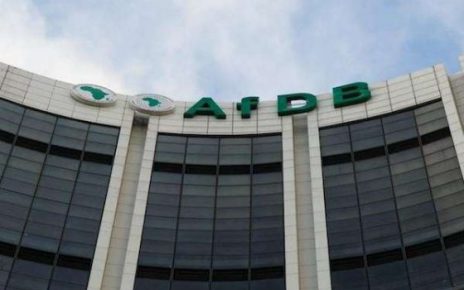Apparently worried by the risks of the plans by the Nigerian National Petroleum Company Limited’s (NNPCL’s) to commence pricing crude supplies against dated Brent crude from next year, oil traders have opposed the proposed pricing regime, especially based on the potential negative implications for their investments in the oil industry.
The state-owned company had on Tuesday hinted of its plans to change how it prices its crude cargoes starting in January 2024.
A company circular mentioned by Bloomberg in a news report on Monday outlined that NNPCL would shift its pricing method, moving from basing prices on the average settlement of Dated Brent in the five days following loading to using the monthly average of Dated Brent, the physical-crude benchmark.
The news report further highlighted that this adjustment might introduce higher risk factors to the country’s crude supplies.
The NNPCL, plans to start using the monthly average of Dated Brent the physical crude benchmark for pricing its cargoes, Bloomberg reported on Tuesday, quoting a company memo.
Till date, Nigeria has used the five-day average settlement of Dated Brent in the five days after loading, as most other exporters, including those in the U.S., are doing.
The traders strongly maintained that the change in the crude pricing mechanism would make it more difficult to compare Nigerian crude loading prices with those of other exporters.
The traders, who were quoted by Bloomberg during interviews, said that the move would also make hedging more challenging for them and expose the Nigerian crude prices to the potentially wider monthly swings in the oil market in general, the traders added.
It would be recalled that about a month ago, Nigeria launched a new crude grade, Nembe, as part of the Federal Government’s efforts to mitigate the damages from long-running thefts and attacks in the country’s Niger Delta region.
The new Nembe grade is expected to add 1.9 million barrels of crude oil exports to Nigeria’s portfolio monthly, according to the Company with first cargoes already sold in October for export to Western Europe.
As a crude grade, Nembe is similar to Nigeria’s low-sulfur, distillate-rich grades, which go for a premium to Brent crude and are suitable for European refiners. According to the NNPC, “the Nembe crude oil grade also has a low sulphur content and low carbon footprint due to flare gas elimination, fitting perfectly into the required spec of major buyers in Europe.”
Nembe crude has previously been produced, though not as a separate grade until now. In previous years, Nembe went through the Nembe Creek Trunk Line along with Nigeria’s Bonny Light grade, but attacks on pipelines in the Niger Delta sidelined production.
The traders told Bloomberg that the proposed switch would make the cargoes more prone to the kind of volatility that besets wider oil markets. The new approach may require increased use of hedging because of the less-precise timeframe that’ll be applied to cargo pricing, they said.
This is even as they pointed out that knowing when to hedge could also be challenging, since loadings are sometimes deferred from late in the month to early the following month.
The traders further maintained it would be more difficult to compare the price of NNPC’s shipments to Europe with cargoes from the Mediterranean and North Sea, as well as WTI Midland, most of which are priced using the five-day system. That may make the nation’s barrels less competitive.




